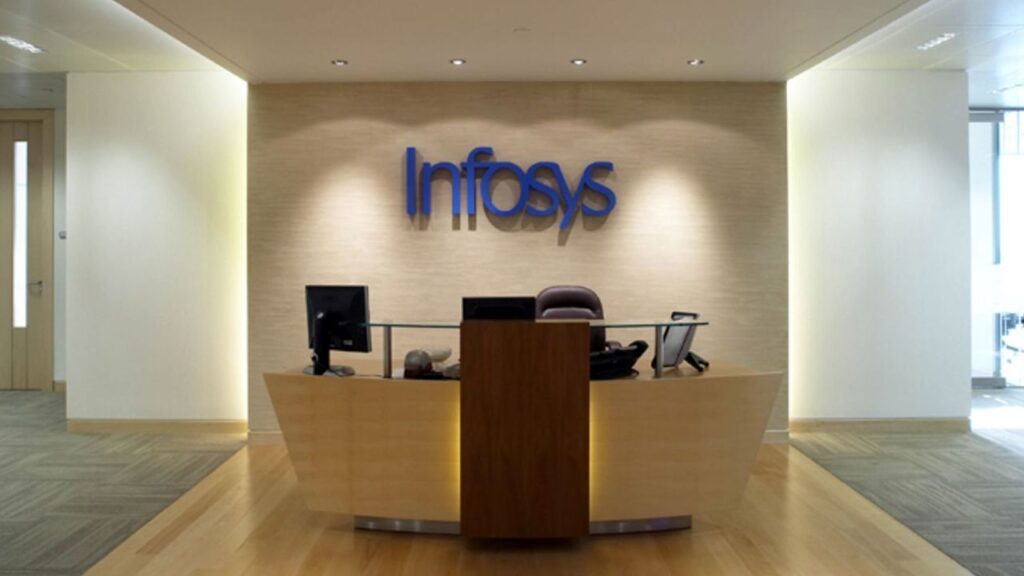Introduction
The IT sector in India has traditionally been regarded as a massive engine for job creation, with top companies like TCS, Wipro, HCL, and Infosys actively recruiting fresh graduates from engineering colleges. However, recent developments involving Infosys have raised significant concerns about the ability of such giants to fulfill their recruitment promises, particularly in light of the current employment crisis. This article examines the ongoing controversy surrounding Infosys and its implications for employment initiatives like the PM Internship Scheme.
Infosys and the Recruitment Dilemma
Despite having issued offer letters to approximately 2,000 engineering graduates from the 2022 batch, Infosys has faced challenges in bringing these candidates on board. This situation has led to scrutiny from various quarters, especially after a complaint was lodged with the Ministry of Labour by the NITEs (Nasscom Information Technology Employees Senate). The union highlighted that these freshers were promised roles as System Engineers and Digital Specialized Engineers, but their joining has been delayed.
Official Response from Infosys
In response to the escalating concerns, Salil Parekh, the CEO of Infosys, made a public statement affirming that every candidate who received an offer letter will eventually be employed by the company. He indicated that while the timelines for joining may have changed, the commitment to hire remains intact. As of June 30, 2024, the number of Infosys employees stood at 315,332, showcasing the scale of its operations.
The Wider Context of Employment in India
The ongoing issues at Infosys raise larger questions about unemployment and job creation in India. With rising unemployment figures attracting criticism from the opposition and becoming a focal point in the upcoming 2024 Lok Sabha elections, the government has introduced the PM Internship Scheme. This initiative aims to provide preliminary employment opportunities to one crore individuals across the country, addressing the pressing needs of the youth.
Details of the PM Internship Scheme
| Aspect | Description |
|---|---|
| Target | One crore individuals |
| Monthly Stipend | ₹5,000 |
| Lump Sum Assistance | ₹6,000 during the internship |
| Training Cost | Covered by companies undertaking the internship |
| CSR Contribution | Companies will contribute 10% of the internship costs from their CSR funds |
Challenges Ahead
Despite the ambitious goals outlined in the PM Internship Scheme, the challenges presented by Infosys’s inability to onboard its selected candidates raises doubts about its effective implementation. Companies are expected to provide training and absorb a portion of the costs, yet if even industry stalwarts are struggling to fulfill their recruitment commitments, the success of this grand initiative may be at stake.
Conclusion
As the job market grapples with complexities and uncertainties, the situation at Infosys serves as a critical reminder of the ongoing challenges in achieving realistic employment goals. While the PM Internship Scheme holds promise for addressing joblessness, its success will hinge on the ability of corporations to commit fully to the recruitment and training of the country’s youth.

